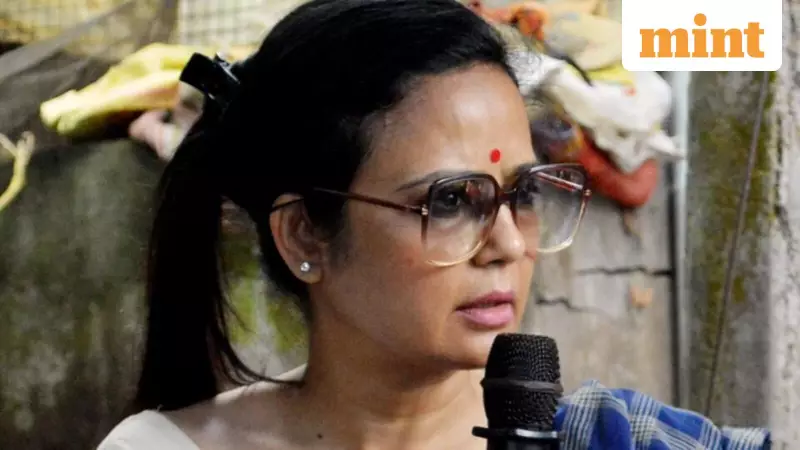
The Central Bureau of Investigation has strongly opposed Trinamool Congress MP Mahua Moitra's legal challenge against a Lokpal order, labeling her plea as "frivolous" and merely a "device to delay proceedings" in the high-profile cash-for-query case.
Court Proceedings and Judicial Response
A division bench comprising Justice Anil Kshetarpal and Justice Harish Vaidyanathan Shankar concluded hearing arguments and reserved its judgment on the matter. The Delhi High Court's decision comes after extensive arguments from both sides, though no interim order has been issued on Moitra's application seeking a stay on the sanction order.
Moitra had approached the Delhi High Court challenging the Lokpal's November 12 order that granted sanction to the CBI to file a chargesheet against her. Her legal team argued that the Lokpal decision ignored her submissions and violated fundamental principles of natural justice.
The Core Allegations: Cash-for-Query Scam
The controversy centers around serious allegations that Mahua Moitra asked questions in Parliament in exchange for cash and gifts from businessman Darshan Hiranandani. The case has significant political implications and has been closely watched across political circles.
The CBI, which registered an FIR on March 21, 2024 against both Moitra and Hiranandani under the Prevention of Corruption Act, submitted its investigative report to the Lokpal in July. The agency's findings allege that the MP accepted bribes and other benefits in return for raising specific parliamentary questions.
Legal Arguments and Procedural Concerns
Representing Mahua Moitra, Senior Advocate Nidhesh Gupta presented a detailed argument highlighting procedural infirmities in the Lokpal's approach. Gupta specifically cited Section 20(7) of the Lokpal and Lokayuktas Act, 2013, which mandates that the Lokpal must seek comments from the concerned public servant before granting sanction for prosecution.
The senior advocate contended that the Lokpal disregarded this essential procedural requirement by stating "I won't see any material at all" while granting sanction to the CBI. This, according to Moitra's legal team, represents a fundamental flaw in the decision-making process.
Beyond the bribery allegations, the CBI report also claims that Moitra compromised national security by sharing her Lok Sabha login credentials with unauthorized persons. These additional charges have added layers of complexity to an already politically sensitive case.
The Delhi High Court's forthcoming judgment is expected to have significant implications for the future course of this investigation and could set important precedents regarding the interpretation of the Lokpal Act and procedural safeguards for public servants facing corruption allegations.





